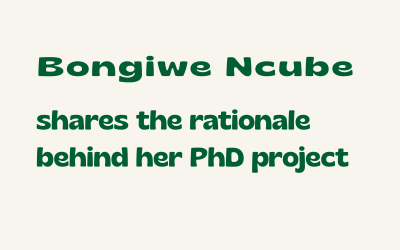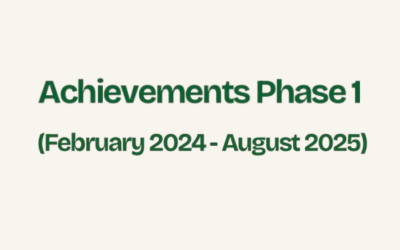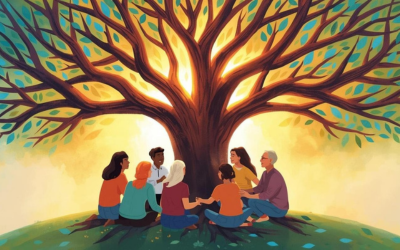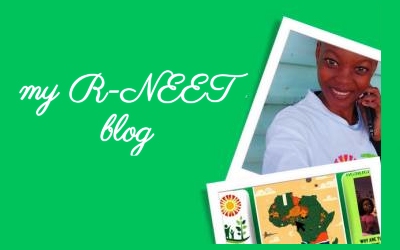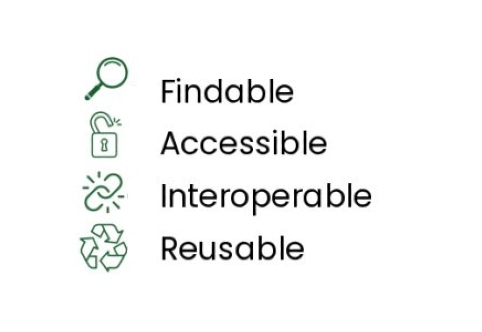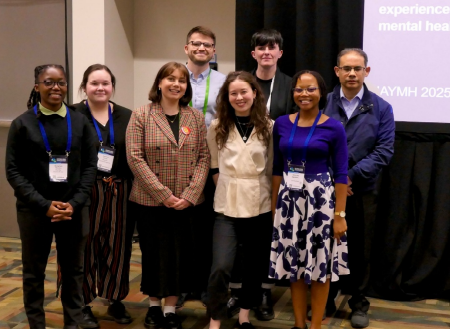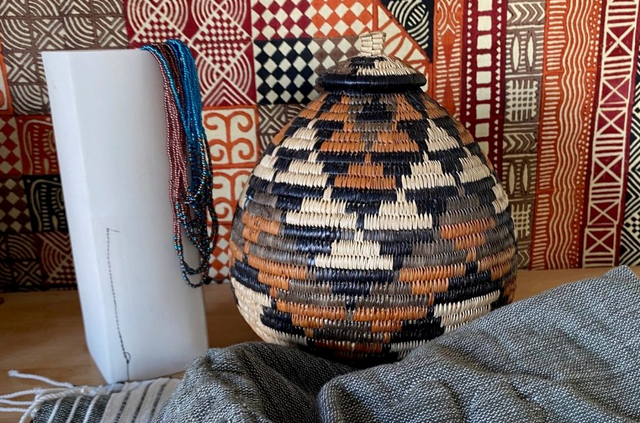Diane Levine, Zainab Mai-Bornu, Alberta Ofosu, Morenike Oyenubi (University of Leicester)
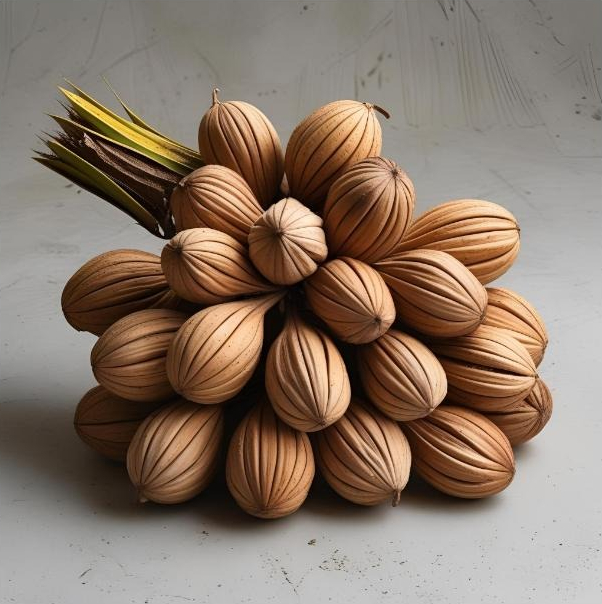
Image generated with Canva AI: A bunch of palm nuts
In his lovely 2023 article on the ways in which we might be able to make the most of proverbial wisdom from indigenous Africa(n) contexts, Richard Appiah proposes that taking proper account of these forms of wisdom can help us to create more culturally-affirming and sustainable psychological interventions. Appiah suggests that there are six distinctive characteristics of proverbial wisdom in Africa(n) contexts, specifically:
– Positive relationships within and across communities (speaking to collectivism, interdependence, communal values, and social connections)
– Kindness/empathy
– Collaboration
– Gratitude
– Truthfulness and integrity
– Patience and humility
During a recent team session at the University of Leicester, we started talking about proverbs we knew of that spoke to multisystemic resilience – that is, resilience that speaks to dynamic protective and promotive factors in the multiple systems in which we all exist, yielding better-than-expected outcomes in the face of particularly challenging risks and issues.
One challenging aspect of placing proverbial wisdom at the heart of positive intervention is that many of the distinctive characteristics Appiah discusses is that there are contexts in which manifesting those characteristics can lead to problematic outcomes – for both individuals and communities. This is true even if we look at them through non-WIERD (Western, Educated, Industrialized, Rich, and Democratic) lenses.
For example, while communal values, according to Adjitoni (2024) and Waghid (2024), can lead to positive outcomes in educational and governance contexts, can also lead to problematic gender norms associated with gender-based violence and cultures of silence and stigma. As Kabata (2022) and others have said it takes multisystemic, carefully-considered programming to make the most of the positive aspects of communal values while mitigating against the risks. Similarly while patience and humility may indeed be important parts of building social cohesion, in the context of chronic structural inequality, or conflict, as van Tongeren says (2023) they may do more harm than good in the long run.
Nevertheless, there were some nice proverbs we had drawn on in our own lives that we thought it might be interesting to share on the R-NEET blog.
‘Naija no dey carry last’ (Nigerian Pidgin)
The Nigerian saying “Naija no dey carry last,” which roughly translates to “Nigeria/n never comes last,” encapsulates a spirit of determination and a refusal to be defeated. Multisystemic resilience acknowledges that individuals, communities, and nations are embedded within interconnected systems – including social, economic, political, and cultural systems. “Naija no dey carry last” reflects this understanding by demonstrating a collective belief in the communal capacity to overcome challenges, even when these challenges are systemic and multifaceted. It suggests an inherent ability to adapt, innovate, and find strength within the various systems that influence Nigerian life. This saying highlights the importance of cultural attitudes, social networks, and a collective identity in fostering resilience in the face of adversity, something crucial to understanding the complex interplay of systems in resilience.
This Setswana proverb translates to something like ‘A small portion of food is still a token of kindness’ or ‘Be grateful for what you get, even if it is not enough’. This proverb is relevant to multisystemic resilience in two ways. First, and quite practically, in order to experience better-than-expected outcomes in the face of adversity, obviously you need some basic survival systems to be in place – food to eat, clean water to drink, a safe place to live and grow. In contexts of chronic structural inequality (particularly where associated with colonialism or deeply divisive political systems such as apartheid) these systems are not sustainable.
Second, the proverb sprang to mind during a previous project, in which we worked with young people to create digital stories. During the making process, one of the participants shared a photograph of a pile of wallets on a table at a cafe. They explained that their friendship group tradition was to add their wallets to the table at the start of a social gathering, and whoever could contribute to paying for the collective bill would do so without pride or shame. If you couldn’t afford it on one occasion, there was trust that you would on a future occasion. As a metaphor for peer support as a protective and promotive factor it felt really poignant.
The Twi saying, “All families are families, but we are looking for the ones whose members are clustered like a bunch of palm nuts,” speaks to the importance of strong bonds and close-knit relationships within a family unit. Palm nuts grow in tight clusters, symbolizing a family that is deeply connected, supportive, and united. Reflecting on this in the context of multisystemic resilience, we see that this Twi proverb highlights the significance of social cohesion and strong kinship networks as a crucial resource for navigating challenges. Just as palm nuts are tightly bound together, families with these strong internal ties are better equipped to withstand external pressures and adversity. This proverb underscores the role of the family system as a primary source of resilience, emphasizing that the quality of relationships and the degree of interconnectedness within that system can significantly influence the overall well-being and ability to cope with difficulties.
We hope that these sayings and proverbs provide some food for thought and insight into our growing understandings of multisystemic resilience.

